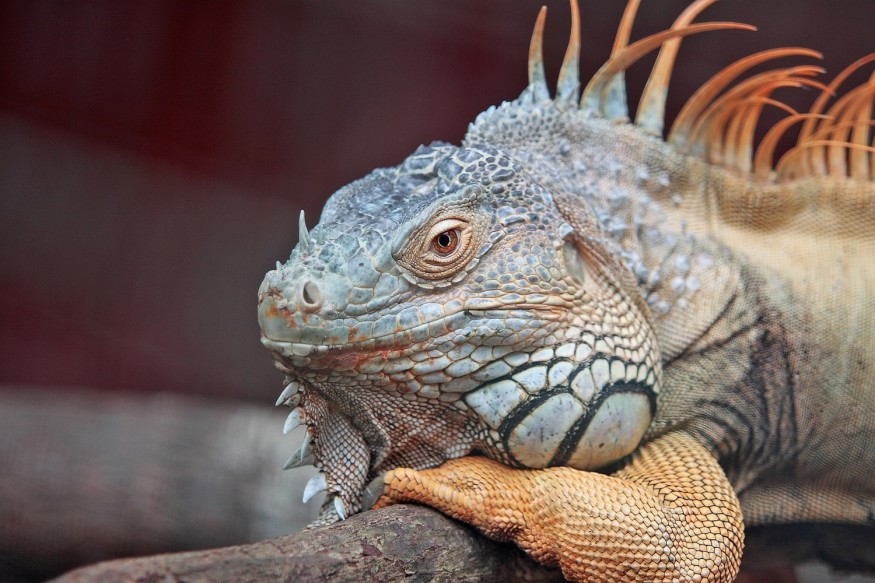
The world is a vast ecosystem where every species plays a specific role in maintaining the environmental balance. However, when introduced to non-native environments, species can disrupt the natural equilibrium, often with dire consequences.
Iguanas, native to Central and South America, have become invasive in certain parts of the United States and other countries, raising concerns about their impact on the local ecosystems and their potential risks to human health.
One of the pressing questions is whether iguanas can transmit diseases to other animals or humans. Let's delve into the health risks associated with iguanas and the broader implications of invasive species on local ecosystems and public health.
Iguana Associated Diseases
Iguanas are known carriers of Salmonella, a bacteria that can cause serious illness in humans. The bacteria are carried in their gut and can be transmitted to humans through direct contact or by touching surfaces where the iguana has been.
Besides Salmonella, iguanas can also carry and spread other pathogens like botulism and campylobacter, which pose significant health risks. Moreover, iguanas can harbor external parasites like mites and ticks, which can, in turn, carry diseases such as Lyme disease. These parasitic interactions not only affect human health but can potentially disrupt local wildlife populations by introducing new diseases or parasites.
Invasive Species and Ecosystem Disruption
When iguanas invade new territories, they compete with native species for resources such as food and habitat. Their voracious appetite for vegetation can lead to overgrazing, which in turn affects the availability of food for other herbivores. Moreover, iguanas are known to prey on native birds, insects, and small mammals, potentially leading to a decline in native species populations.
In addition to competing for resources, invasive iguanas can also introduce novel predators or diseases to the ecosystem, further exacerbating the challenges faced by native species. The altered predator-prey dynamics and the spread of diseases can lead to a ripple effect throughout the ecosystem, affecting biodiversity and potentially leading to the extinction of sensitive or endangered species.
Assessing the Impact
The health risks associated with iguanas and the broader implications of invasive species are a grim reminder of the delicate balance within our ecosystems. The potential for disease transmission from iguanas to humans or other animals is a cause for concern, necessitating proactive measures to control the population of invasive iguanas and mitigate the associated risks.
In regions where iguana populations have become problematic, specialized services such as Iguana Control - Jupiter, FL, play a crucial role in managing these invasive species, helping restore the ecological balance. Moreover, the detrimental effects of invasive species like iguanas on local ecosystems highlight the importance of biosecurity measures to prevent the introduction and spread of non-native species.
Through a combination of public awareness, stringent biosecurity measures, and active management of invasive populations, it is possible to mitigate the risks posed by invasive iguanas and other non-native species, thus preserving the delicate balance of our ecosystems and protecting public health.
© 2025 NatureWorldNews.com All rights reserved. Do not reproduce without permission.

